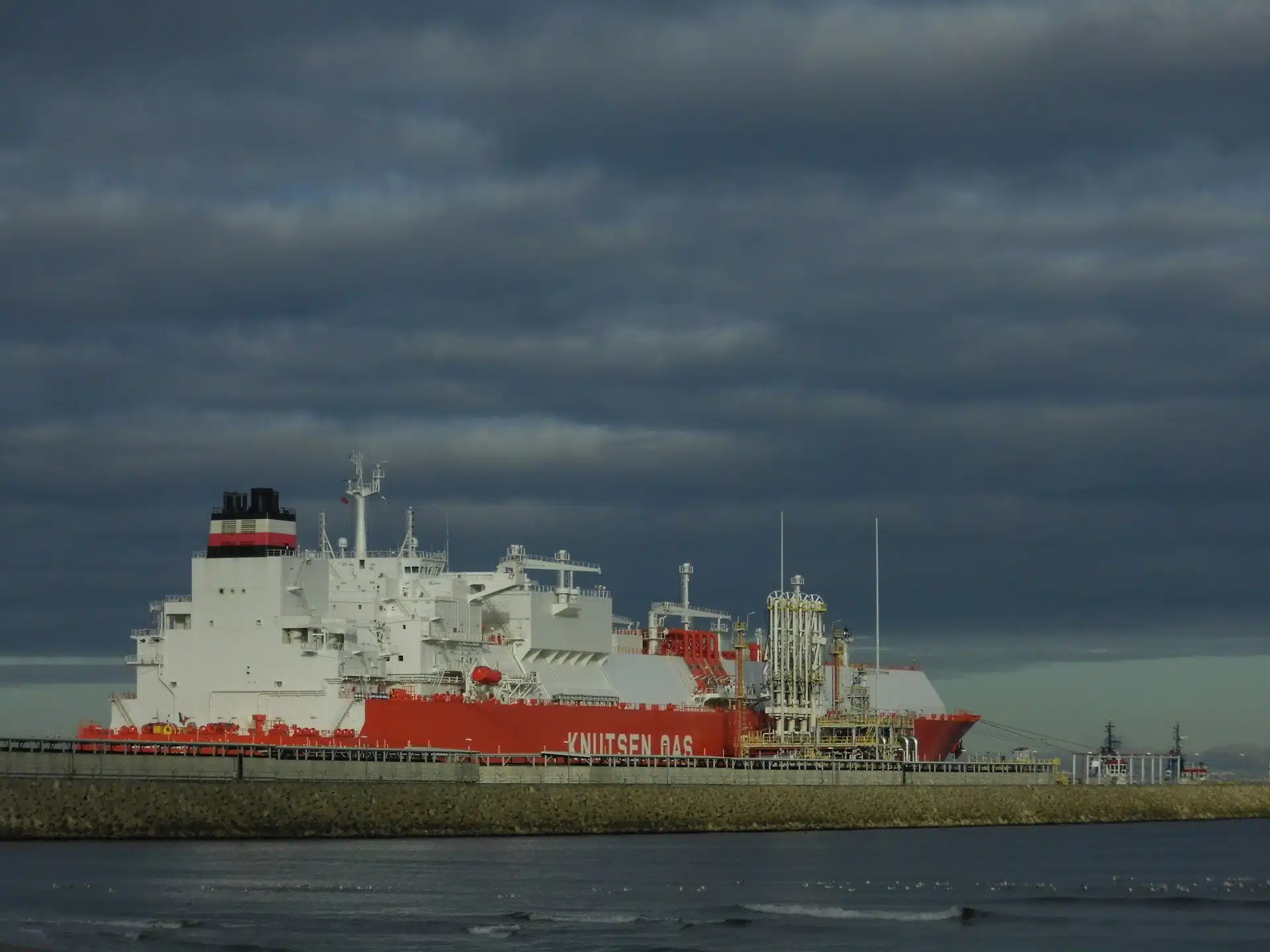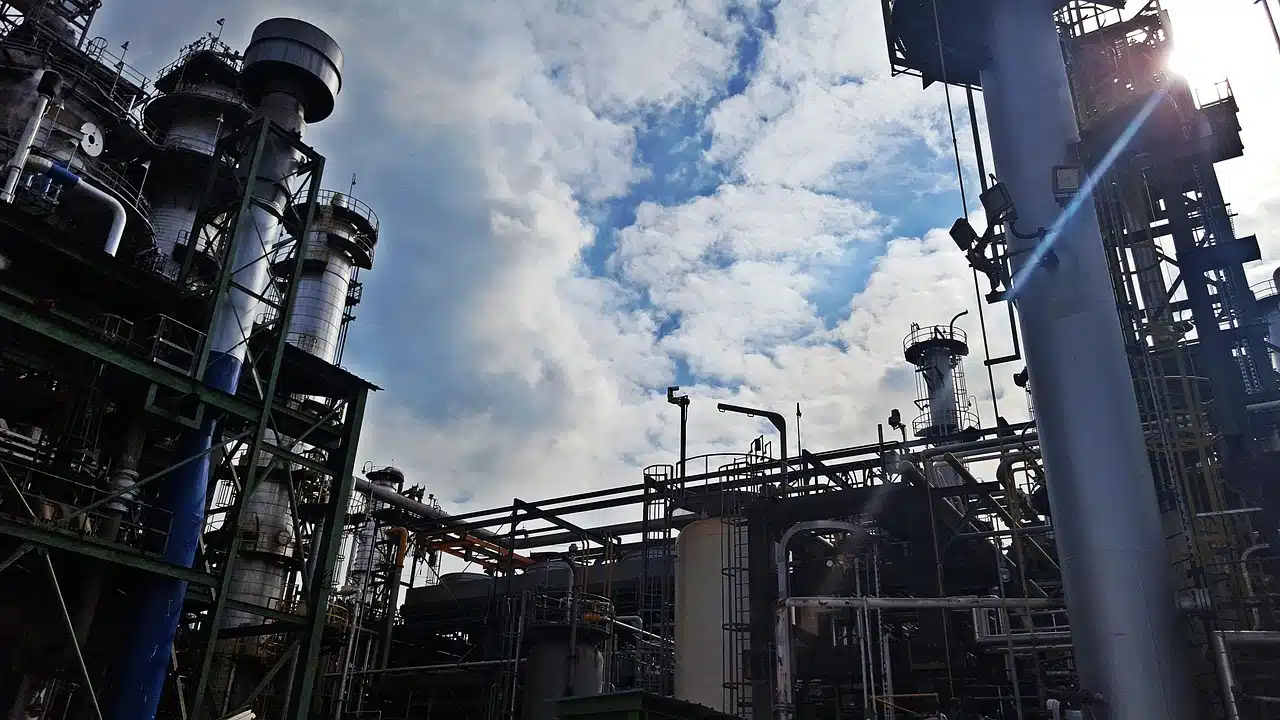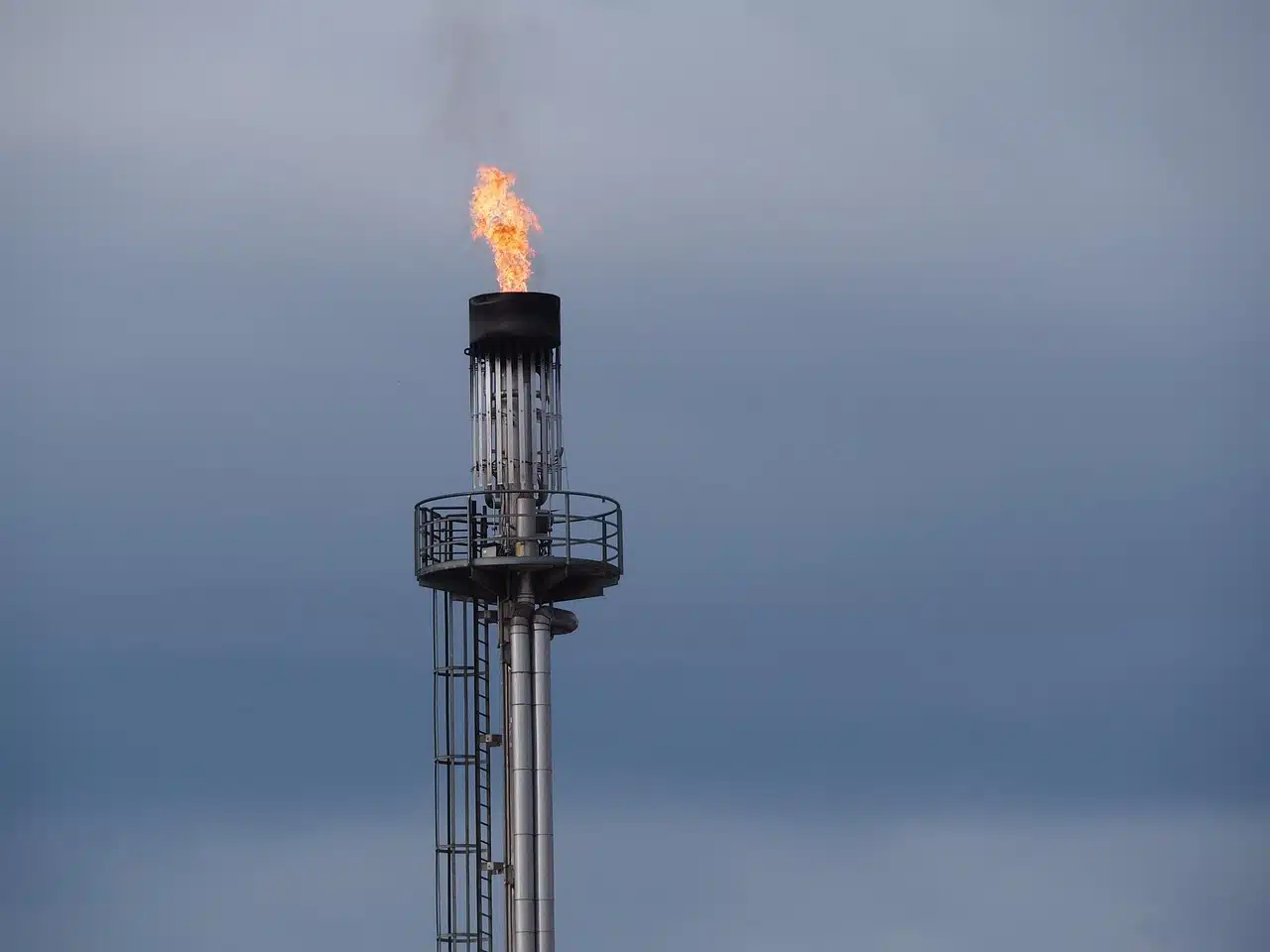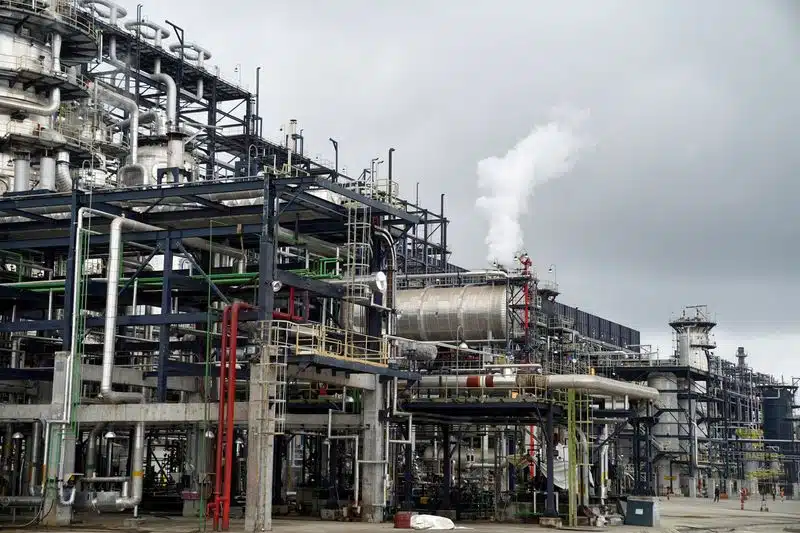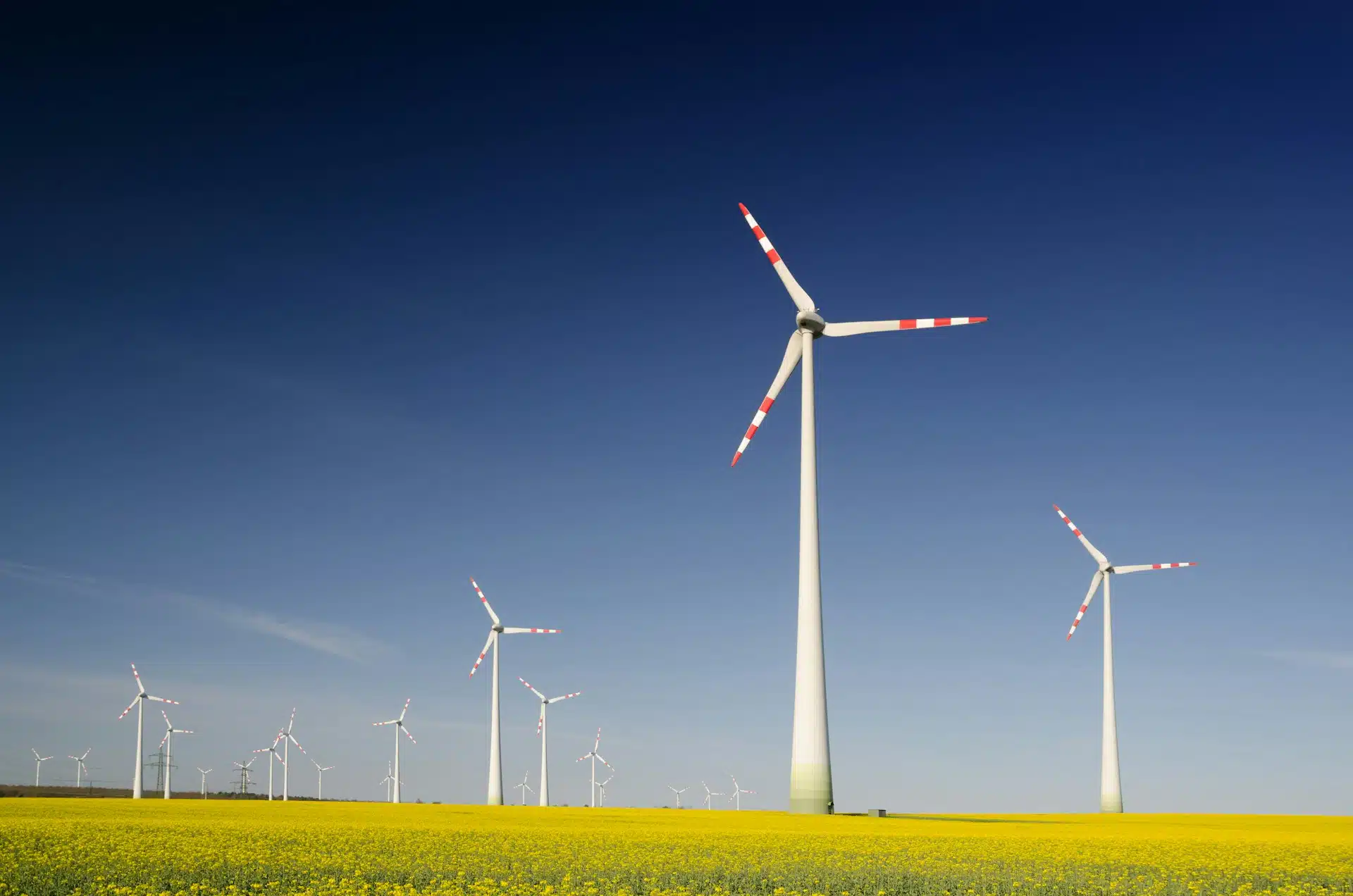Angola has taken a significant step towards revitalising its oil production capacity with the arrival of the Agogo Floating Production Storage and Offloading (FPSO) vessel at the Agogo oil field in Block 15/06, offshore the Central African nation.
The development was confirmed in a press release by the National Agency of Petroleum, Gas and Biofuels (ANPG), Angola’s upstream petroleum regulator.
“This development is set to substantially increase production from the aforementioned block. The arrival of the FPSO Agogo in Angola is of significant value, as it represents the completion of the project whose first modules were installed last year,” the ANPG stated.
“There were several challenging stages throughout the project, but also a demonstration of the right partnerships and the determination of our human capital. In terms of local content, part of the structure was manufactured at construction sites in our country,” the statement added.
The vessel, built by Yinson Production, was officially christened FPSO Agogo at the Keppel Shipyard in Singapore earlier this year before sailing to Angola.
According to Azule Energy, the operator of the project, the vessel is equipped with carbon reduction technologies, including the first pilot post-combustion carbon capture system on an FPSO.
The arrival of the FPSO sets the stage for a major production ramp-up, with output expected to reach up to 175,000 barrels per day (bpd)in the coming months.
This milestone marks a key advancement in the West Hub Development Project, spearheaded by Azule Energy.
Azule Energy—a joint venture between Eni and BP—is currently Angola’s largest independent oil and gas producer.
“The FPSO Agogo is a fundamental part of the Agogo Integrated West Pole Project, which aims to develop the two most significant discoveries in Agogo and Ndungu,” said Paulino Jerônimo, Chairman of the Board of Directors at ANPG.
The FPSO is scheduled to begin operations in the second half of 2025.
Azule Energy in February indicated that first oil had been brought forward from mid-2026 to the end of 2025.
Azule Energy noted that the Agogo FPSO project will play a critical role in reversing Angola’s declining oil production trends and reinforce its status as a leading African oil producer, especially following the country’s withdrawal from OPEC in 2023.
Alongside increasing crude output, Angola is also working to expand domestic refining capacity to cut dependence on imported petroleum products, which has aggravated fuel subsidies amid high global prices.
The government targets 445,000 bpd of refining capacity by 2026.
To support this goal, state oil company Sonangol recently issued a funding call to international investors for the 200,000 bpd Lobito refinery, while construction continues on the 60,000 bpd Cabinda refinery.
The additional crude output from the Agogo FPSO is expected to supply feedstock to these refineries upon their completion, strengthening Angola’s energy security and export potential.

